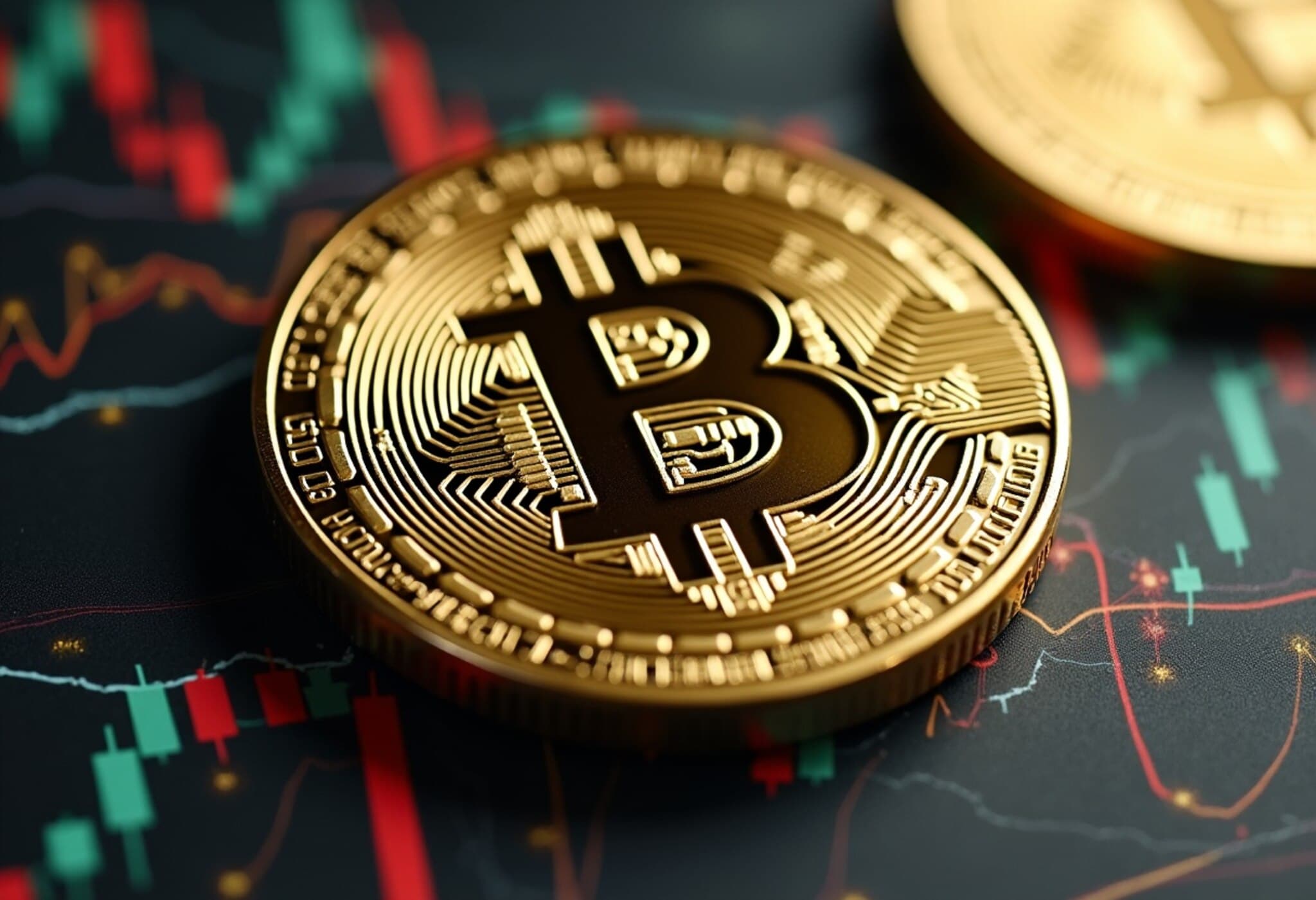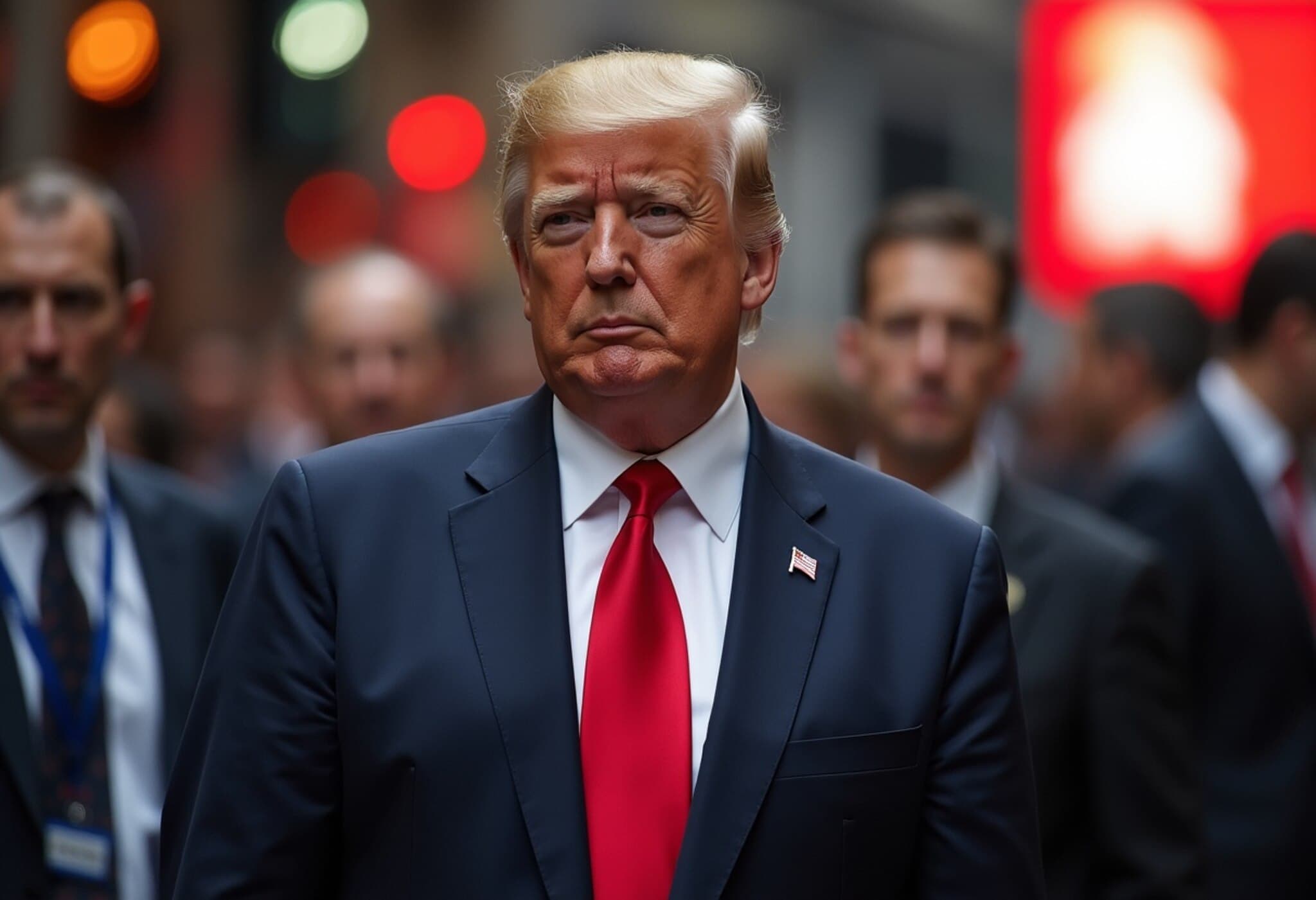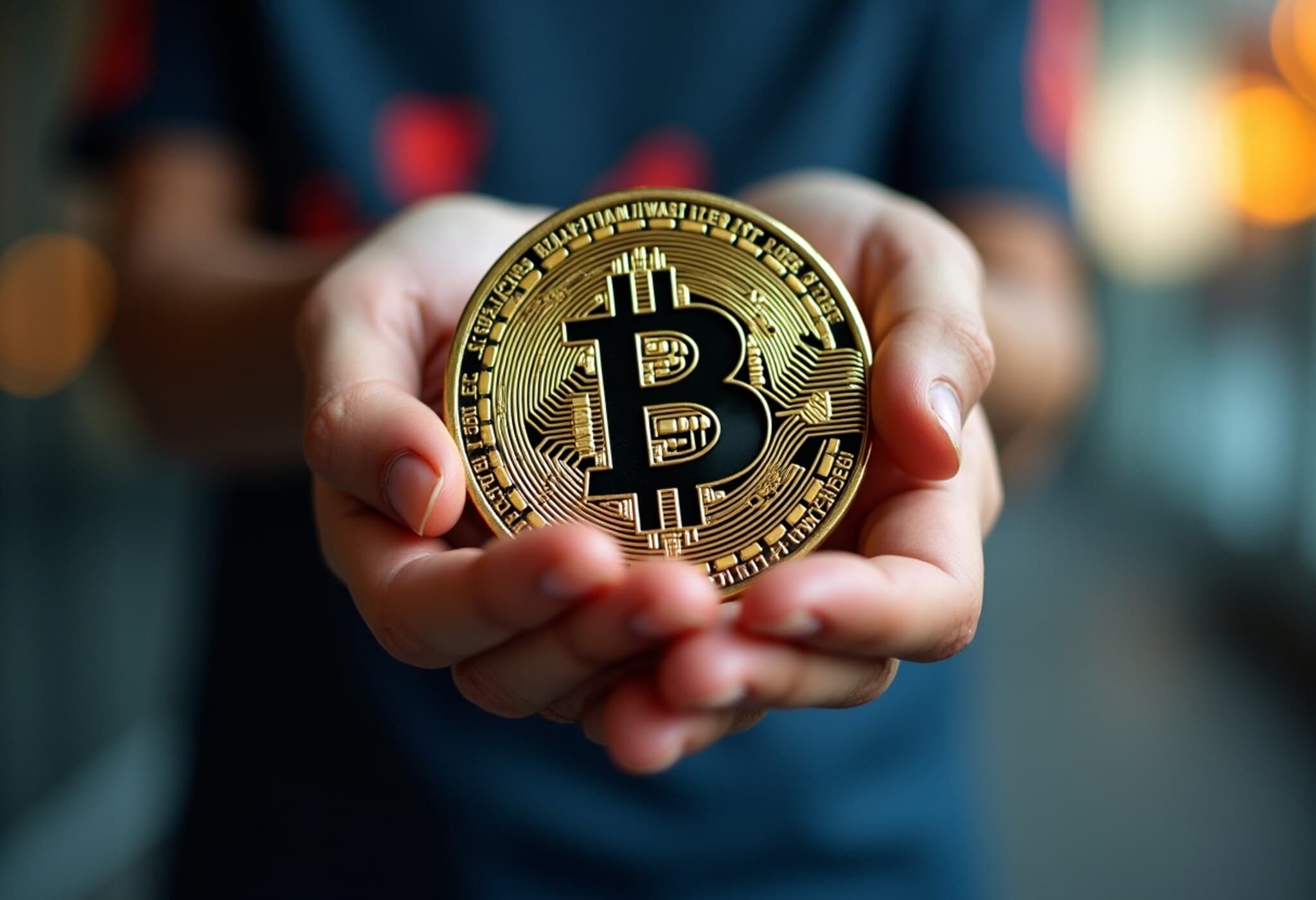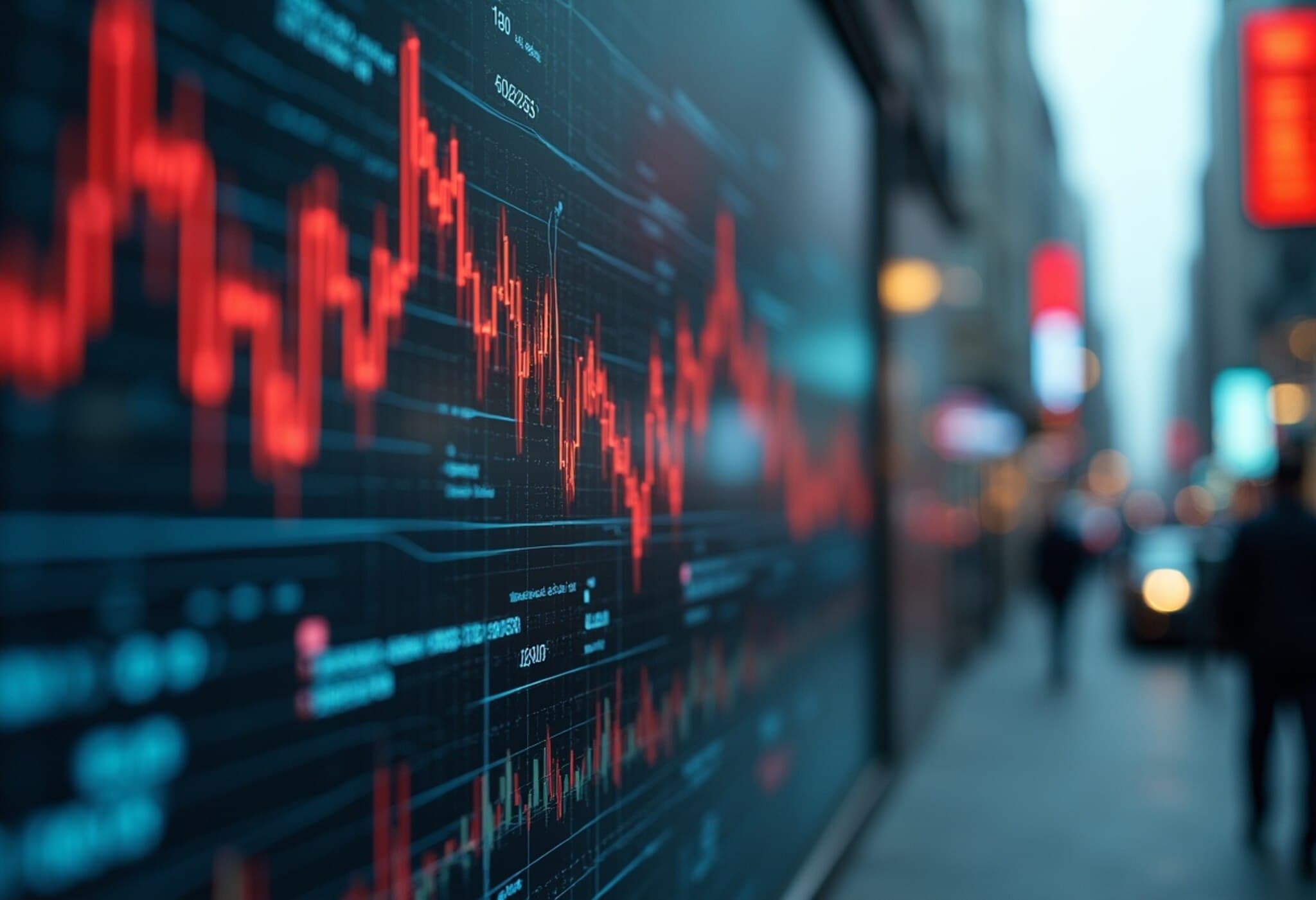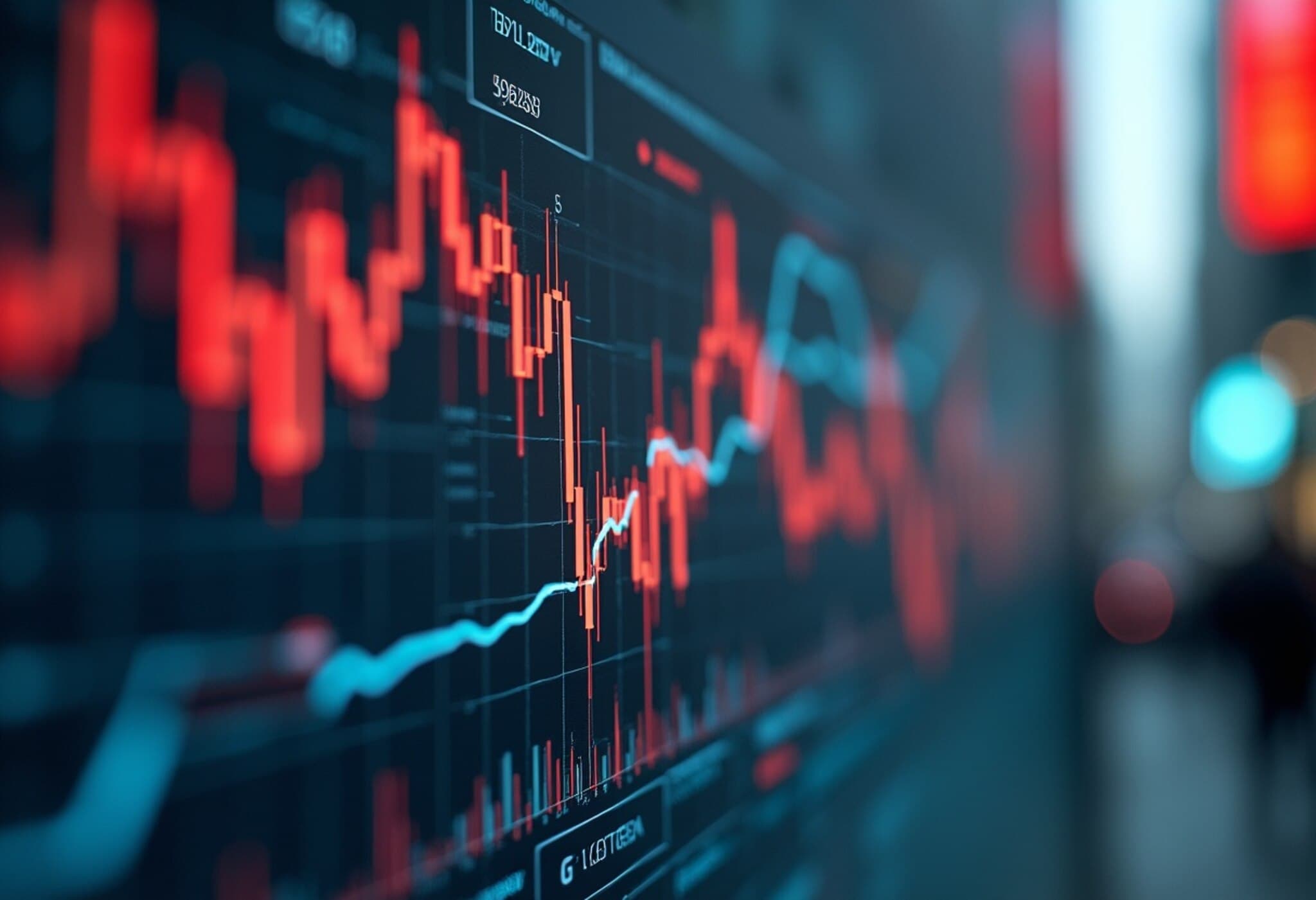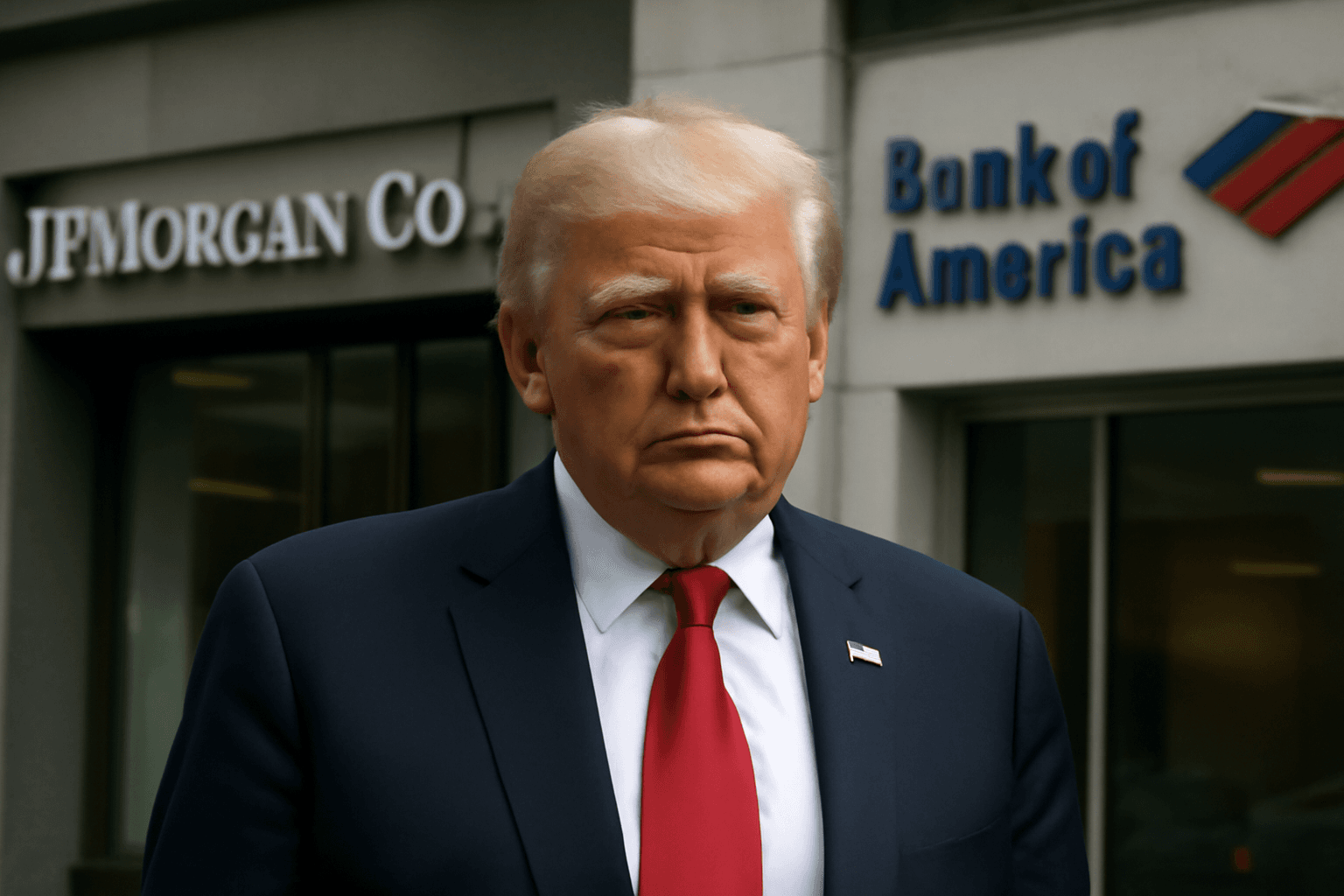Do Kwon Faces Justice: Guilty Plea in Landmark $40 Billion Crypto Fraud Case
Do Kwon, the South Korean entrepreneur behind the infamous collapse of TerraUSD (UST) and Luna cryptocurrencies, has entered a guilty plea to federal fraud charges in a New York court. This development marks a significant turn in one of the most high-profile crypto fraud cases, highlighting growing regulatory scrutiny in the digital asset industry.
Background: The Rise and Fall of TerraUSD and Luna
Kwon, 33, co-founded Terraform Labs, a Singapore-based crypto company responsible for TerraUSD, a "stablecoin" meant to always hold a $1 value, and Luna, a related variable-value cryptocurrency. In 2022, both assets suffered catastrophic losses, wiping out approximately $40 billion in market value and devastating investors worldwide.
Authorities allege that Kwon misled investors by falsely claiming that the Terra Protocol algorithm successfully restored TerraUSD's peg after it dropped below $1 in May 2021. Instead, prosecutors argue that he orchestrated secret purchases via a high-frequency trading firm to artificially inflate TerraUSD’s price, misleading retail and institutional investors alike.
The Guilty Plea and Legal Consequences
During the August 12, 2025, New York court hearing before U.S. District Judge Paul Engelmayer, Kwon pleaded guilty to charges of conspiracy to defraud and wire fraud as part of a negotiated agreement with the Manhattan U.S. Attorney's Office. Previously, he faced a nine-count indictment including securities fraud, commodities fraud, and money laundering, to which he had pleaded not guilty.
Kwon admitted in court, stating, "I made false and misleading statements about why TerraUSD regained its peg by failing to disclose a trading firm's role in restoring that peg. What I did was wrong."
Under the plea deal, prosecutors have agreed to recommend a maximum prison sentence of 12 years, despite a statutory maximum of 25 years. Sentencing is scheduled for December 11, 2025. Additionally, as part of a civil settlement with the U.S. Securities and Exchange Commission in 2024, Kwon agreed to pay an $80 million fine and accepted a ban on engaging in crypto transactions.
Broader Implications for the Crypto Industry
Kwon’s case is emblematic of a broader crackdown on deceptive practices in the cryptocurrency space following the 2022 market downturn that toppled multiple digital asset firms. It highlights the ongoing challenges regulators face in protecting investors from market manipulation, inadequate disclosure, and the opaque mechanisms behind many crypto products.
Experts emphasize that this case underscores the risks baked into the stablecoin market, especially algorithmic stablecoins like TerraUSD, which lack traditional asset backing. The dramatic losses incurred raise urgent questions about investor protections, regulatory oversight, and the role that pioneering figures like Kwon play in shaping—and destabilizing—the industry.
International and Legal Dimensions
Kwon was extradited from Montenegro in late 2024 and has remained in custody since. Besides U.S. charges, he faces ongoing legal scrutiny in South Korea. Prosecutors indicated in court they would not oppose an application for Kwon to serve the latter half of his U.S. sentence abroad, reflecting growing cross-border cooperation in crypto-related prosecutions.
Editor’s Note
The Do Kwon case brings to light critical lessons in accountability and regulation for the fast-evolving cryptocurrency sector. While his guilty plea marks a milestone for law enforcement, it also invites deeper reflection on the structural vulnerabilities in digital asset markets and the urgent need for transparent practices to safeguard investors globally. Moving forward, question remain: How will governments balance innovation with investor protection? Will algorithmic stablecoins see tighter regulation or fade into obsolescence? For citizens and policy makers alike, these developments underscore the profound societal stakes tied to crypto’s future.


